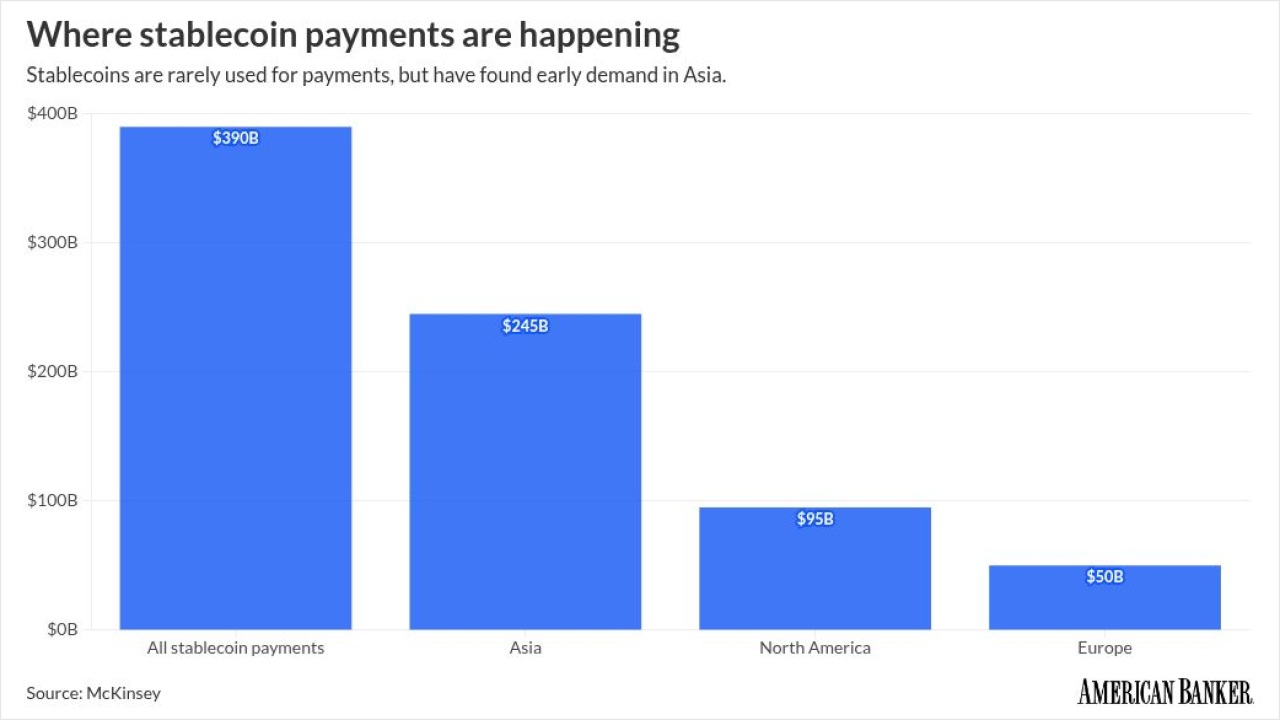
In 2023, issues surrounding politically exposed persons (PEPs), ethically questionable transactions and outright corruption were
With 40 countries worldwide holding national elections this year, PEP requirements will be top of mind for banks and other regulated industries as they look to onboard new customers or do additional screening with existing customers to remain compliant with local regulators' requirements.
Even in the best of times, it can be challenging for financial institutions to make risk-based decisions. Is this person who they say they are? Who are they associated with? Are they foreign nationals? What is their business in the U.S.? Add to that the additional requirements that come with having a PEP as a customer, and some financial institutions may even decide that the risks are too high to make doing business with this person a viable option.
Why is that the case?
The
As such, national legislators have codified the FATF's guidance in various ways. For example,
Payments fraud is the most expensive kind, at $450B; anti-financial-crime execs are the most worried about real-time payments, a survey from Nasdaq and Oliver Wyman found.
Beyond domestic and international PEP designations, many other questions must be answered. Should it apply only to national officials? What about local officials? How long after politicians leave office should they still retain that designation? Hong Kong's regulator states that once someone has become a PEP, they should be considered one for life. The U.K. and Australia say they are no longer PEPs once they've left their positions. Then there are the international organizations that hold influence yet aren't formally political, like the United Nations. As a result, the challenge of keeping track of who qualifies as a PEP is immense.
So, as compliance experts with deep knowledge of financial institutions' challenges in screening and monitoring this customer category, we see an opportunity for the international community to address bribery and corruption with a single voice.
A multilateral agreement could be established, covering which categories of PEPs should be included in customer screening programs, with the appropriate government agency from each country (e.g., Fincen for the U.S.) providing the official list of names for their jurisdiction. These lists should be kept updated with each election, special election and appointment. Within the agreement, guidance could be provided on how long someone should remain a PEP after leaving office, as well as screening, monitoring and enhanced due diligence requirements.
Even if a new enforcement approach begins with a limited agreement within the G20, that would still be a strong foundation, providing the financial industry with clear information and a solid operational framework. Inevitably, some national differences will remain and should be recognized. Rooting out corruption will not be easy, but streamlining our approach to it would take us one step closer to that critical goal.













